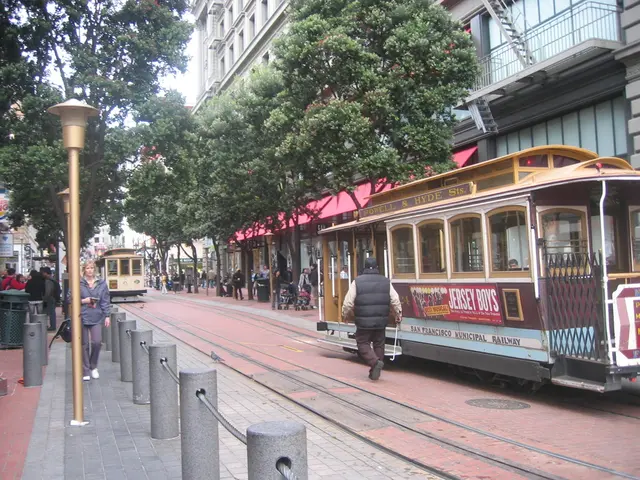Rajan Warns: HIRE Act Threatens India's Service Exports More Than H-1B Fee Hike
Former Reserve Bank of India (RBI) Governor Raghuram Rajan has warned that India should be more concerned about the proposed U.S. HIRE Act than the recent H-1B visa fee hike. The HIRE Act, currently under discussion at the World Trade Organization (WTO), could have a more lasting impact on India's service exports and global talent pipeline.
Rajan anticipates that Indian companies may increase recruitment from Indian students acquiring degrees in the U.S., establishing India-based operations for global firms. This shift could be a response to the potential expansion of tariffs under the HIRE Act, which proposes imposing tariffs on outsourced services. Rajan believes this could have a more significant long-term effect than the H-1B visa fee hike.
Rajan expects a decrease in H-1B immigration to the U.S., but the overall net effect may not be as severe as initially thought. Companies might adjust their hiring strategies to mitigate the impact of the H-1B visa fee hike. However, Rajan considers the HIRE Act to be much more important for India, posing a significant threat to its service exports and global talent pipeline if implemented.
India has already faced record U.S. tariffs of 50% on certain goods, compared to 47% for China, impacting key industries such as textiles. Rajan emphasizes the importance of India pushing for lower tariff levels during ongoing negotiations to protect labour-intensive industries.
Rajan's warnings highlight the potential challenges India faces due to the proposed HIRE Act. While the H-1B visa fee hike may have some impact, the HIRE Act, if implemented, could pose a more significant threat to India's service exports and global talent pipeline. India must prioritize negotiations to lower tariff levels and protect its labour-intensive industries.







